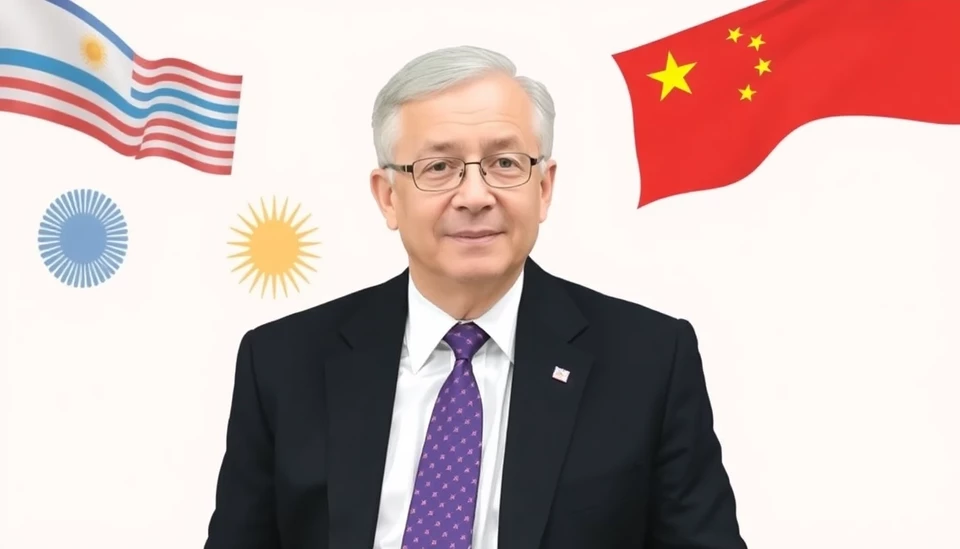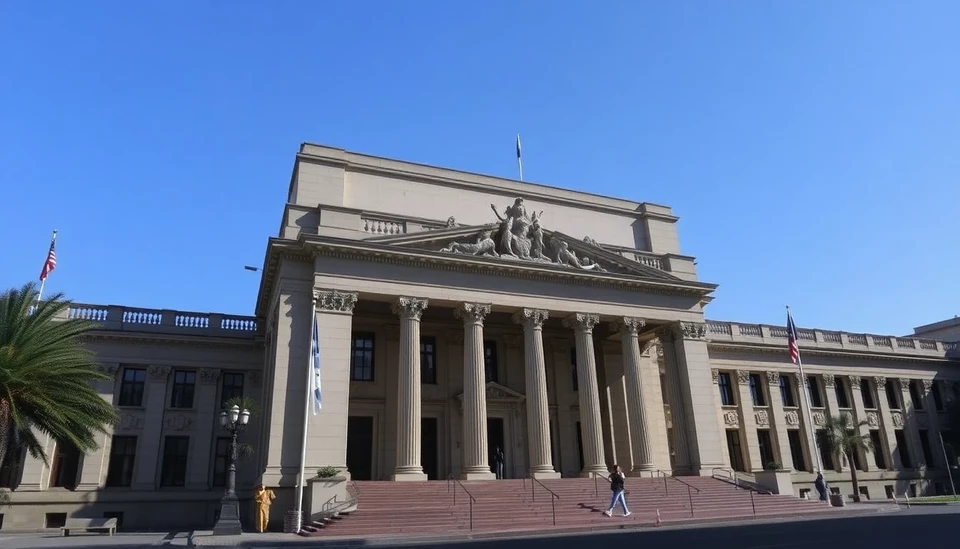
In a significant move aimed at stabilizing its currency, Argentina has announced plans to implement a managed float for the peso, a decision closely linked to ongoing discussions for a crucial deal with the International Monetary Fund (IMF). This strategy is expected to guide the exchange rates while providing more flexibility than a fixed exchange rate system.
The current economic landscape in Argentina has been characterized by high inflation and currency depreciation, leading to increasing pressures on the government to take action. As part of its broader economic reform strategy under the direction of Finance Minister Sergio Massa, the managed float system will allow the central bank to intervene in the foreign exchange market when necessary to stabilize the peso while still permitting market forces to influence its value.
This shift comes ahead of anticipated negotiations between Argentina and the IMF concerning a new loan deal that could potentially lead to the release of funds crucial for easing the country’s liquidity crisis. The government’s proactive approach in setting up this managed float is seen as a concession to the IMF, aimed at winning favor for a favorable agreement amid mounting economic challenges.
The arrangement will allow the central bank to control excessive volatility in the exchange rate, which has been a significant concern for various stakeholders, including businesses and consumers alike. The pesification of debts and an increase in payments in local currency have also sparked discussions about the onus placed on business to balance costs with income amidst fluctuating foreign currency rates.
Experts suggest that while a managed float could provide a temporary solution, it is essential for the government to implement other reforms to address the underlying issues causing inflation and economic instability. The expectations are that with the IMF’s backing, Argentina can regain investor confidence, thereby attracting foreign investments necessary for economic recovery.
As the nation braces for this shift in policy, many citizens are left to navigate a tumultuous economic environment marked by uncertainty. How successfully Argentina manages to implement this new exchange rate policy will be a critical factor in the country’s financial future and global standing.
#Argentina #Peso #ManagedFloat #IMF #FinanceMinisterMassa #EconomicReform #CurrencyStability #Investment #Inflation #EconomicCrisis
Author: Rachel Greene




